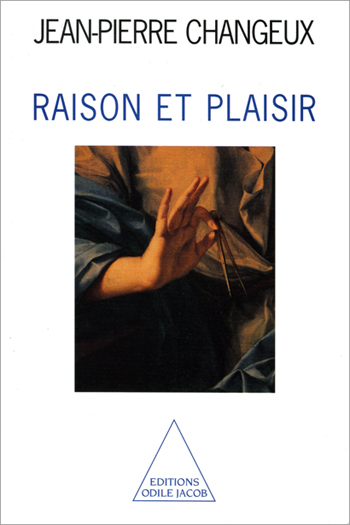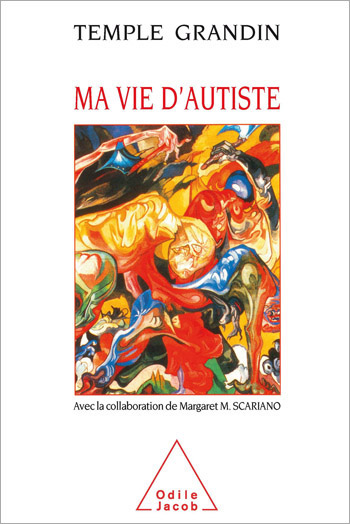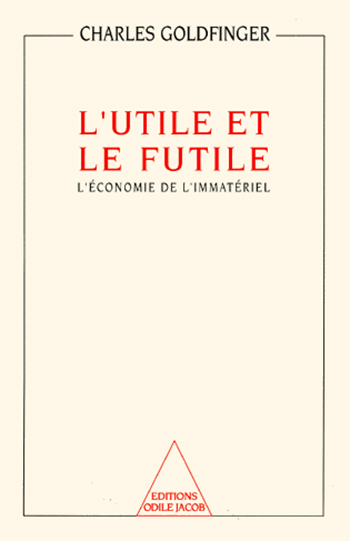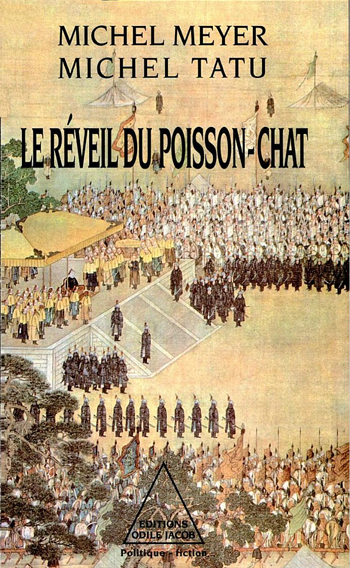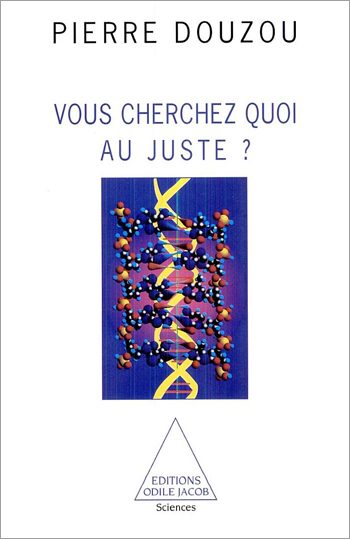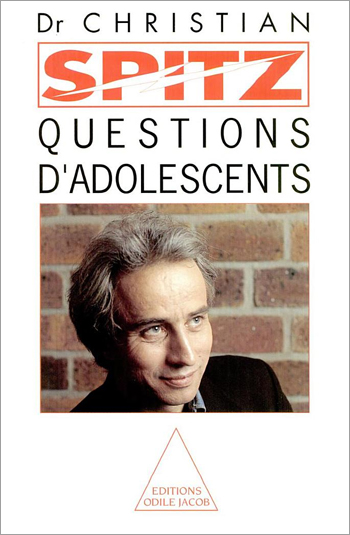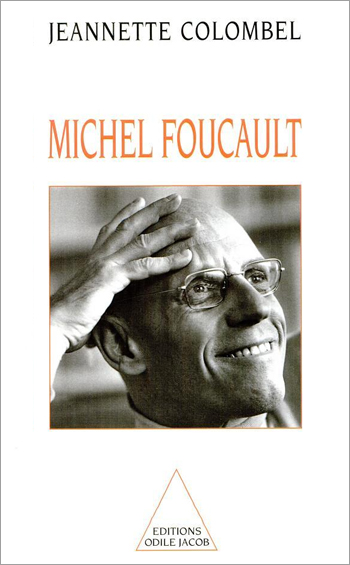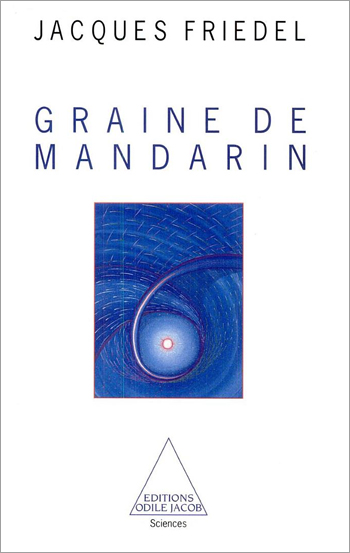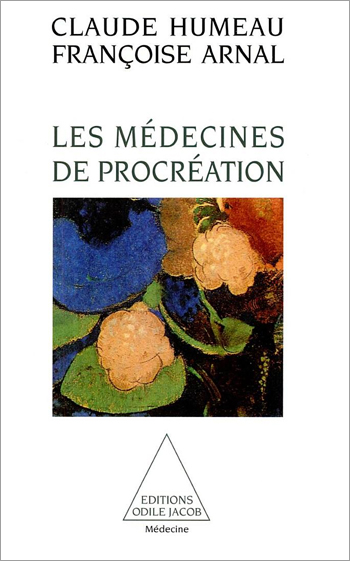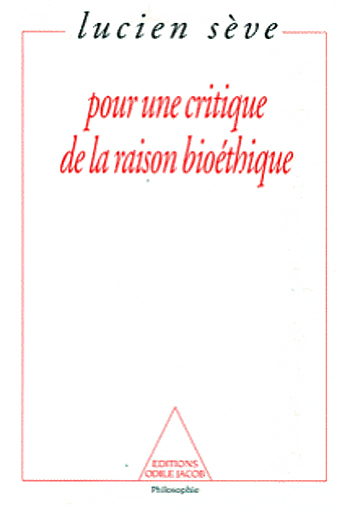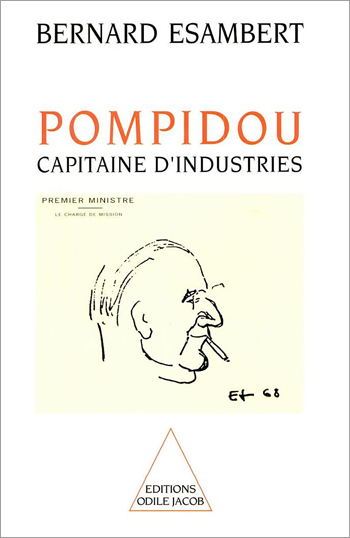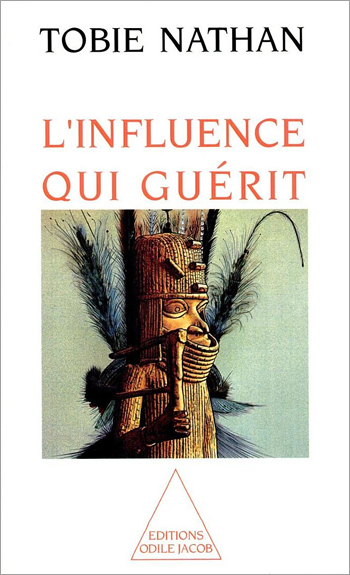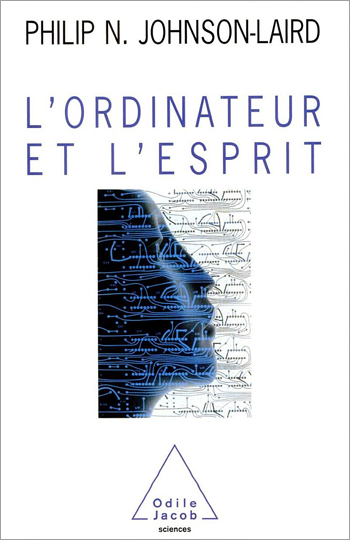Catalog All books
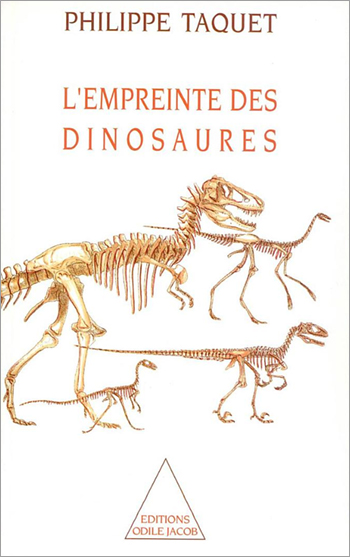
Philippe Taquet
The Imprint of Dinosaurs
"In 1964, my steps encountered the prints of dinosaurs and, ever since, my shoes have travelled extensively, from the Tenere desert to the Brazilian Sertao, from the Laos forest to the steppes of Mongolia; I was lucky to discover several dinosaurs and happy to share the life of many inhabitants of this planet, Tuaregs in Niger, Berbers from the Moroccan High-Atlas or winemakers from Corbières in France. By recounting these journeys in search of dinosaurs, I wish to draw the reader in a world that owes nothing to fiction but a lot to science." Philippe Tacquet

Jean-Didier Vincent
The Biology of Passions (New Edition)
"A fascinating book, which demonstrates that the ensemble of the brain, neurons, and synapses is literally immersed in a chemical sea. We must rid ourselves of the notion that the brain is a supercomputer." Le Figaro
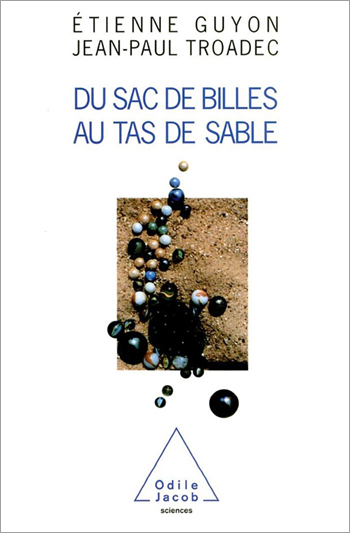
Étienne Guyon, Jean-Paul Troadec
From a Bag of Marbles to a Heap of Sand
Why don't sand dunes collapse? How does sand flow in an hourglass? How is it possible to empty a silo of all its wheat? What's a ceramic? The answer to all these questions can be found in the science of the complex organizations of matter, a science which is pluridisciplinary. Étienne Guyon, head of the École Normale Supérieure, and Jean-Paul Troadec, a researcher, present the characteristics of grain matter, the rules by which it is organized (in both crystal and fluid) as well as its movements (in silos as in avalanches).
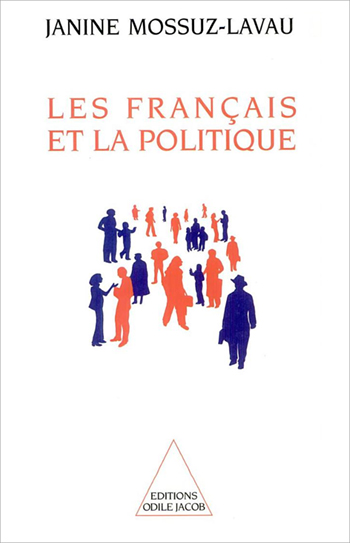
Janine Mossuz-Lavau
The French and Politics An Investigation of a Crisis
Are the French really discouraged and depoliticized? Janine Mossuz-Lavau decided to go into the field, to interview the people and give them a voice. What are they suffering from? What do they want? What do they believe in? These are the questions that she attempts to answer after having questioned men and women of all ages and social backgrounds, from all regions and personal affinities. Political analyst Janine Mossuz-Lavau is a Research Director at CNRS and the National Foundation of Political Science.
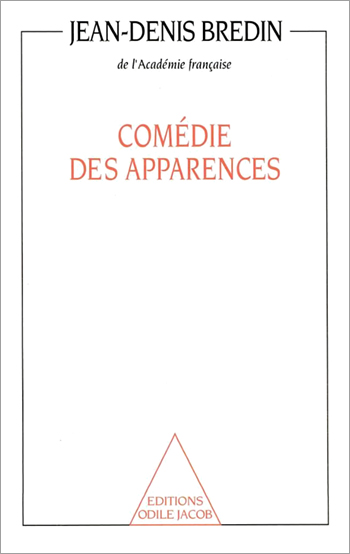
Jean-Denis Bredin
A Comedy of Appearance
A beautiful woman fascinated by her body, excludes herself from the world to love herself better... Two lovers tear each other apart after promising to always tell the truth to one another... Both cruel and funny, these short-stories describe the unease of a society, ours, which is dying of appearances, a society where everyone, man and woman, resembles what he she would like to be. Narcissism, lies, selfishness: the foundations of happiness are quite fragile nowadays. Through these acid portrayals, Jean-Denis Bredin, a lawyer and a writer, member of the French Academy, evokes a new era of suspicion.
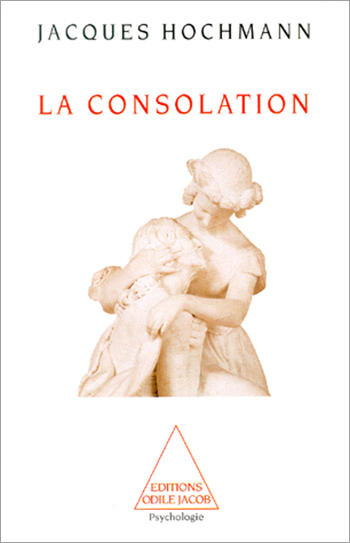
Jacques Hochmann
Consolation An Essay on Mental Care
This is the testimony of a psychiatrist who reconsiders some of the fundamental texts of his practice, of a psychoanalyst who reflects upon the role and the limits of hospitals and institutions, of a doctor who never ceased asking himself what curing madness meant.
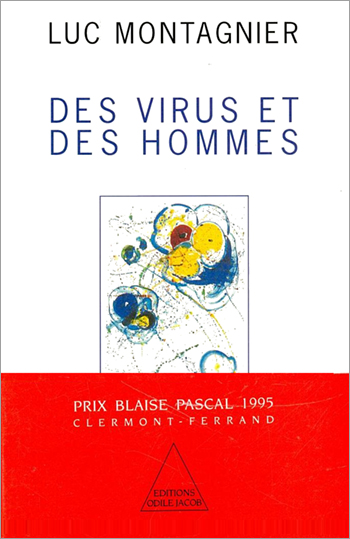
Luc Montagnier
Viruses and Man
Luc Montagnier is the person who, with his team of the Pasteur Institute, discovered in 1983 the virus responsible for AIDS. He tells about the research work which led him to this discovery. He sums up the knowledge we have of this virus, its origin and the way the disease develops. He gives the state of research today and his hopes.
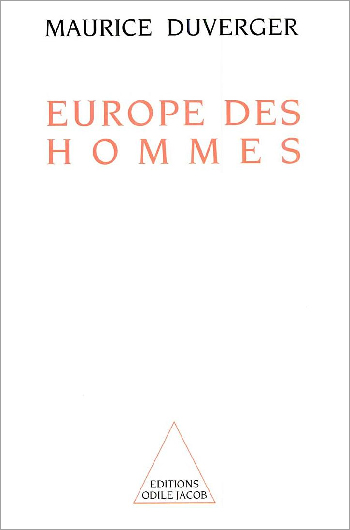
Maurice Duverger
Europe of Men
How is it possible to get many nations, separated by history, culture, political structures, to live together? If the European community functioned well with 6 members, in a mediocre way at 9, and at 12 members with difficulty, beyond, the E.E.C. will be ineffectual and paralyzed. One solution is available: to change the institutions. The author, a former member of the European Parliament, proposes here a new theory of federalism, the only way according to him, to progressively substitute to the power of the technocrats that of the members of Parliament and citizens.
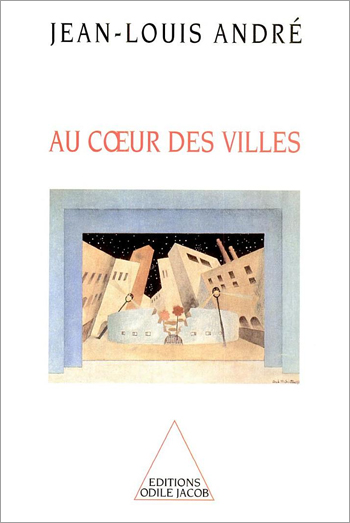
Jean-Louis André
At the Heart of Urbanity
What should be done about neglected suburbs, the bedroom towns, dehumanized, and deregulated ? When we are faced with buildings in ruins, with wasteland and concrete deserts ? The answer is to stop trying to fix the obvious defects of these surburbs and instead concentrate on the heart of the town, in the common space, which must take on the changes made and symbolise an identity. Jean-Louis André, graduate of the Ecole normale supérieure, is a journalist. He has notably published with Ricardo Bofill, The Spaces of A Life.
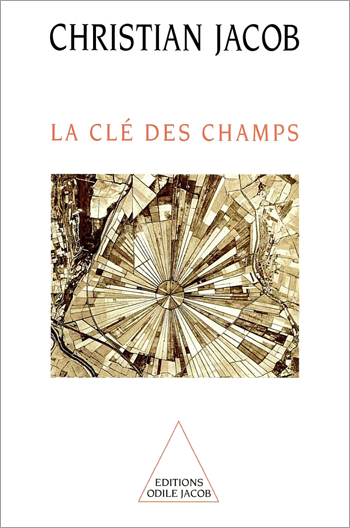
Christian Jacob
The Key to Fields Agriculture is no longer what you think
Is our agriculture moribund and our farmers condemned? Not necessarily. Christian Jacob's work tells the story of the path taken by a young farmer, while taking a critical look at both French and European agricultural politics and the snares of GATT. He argues that, rather than protect the rural world, it is necessary above all to help modernize it by providing methods that allow for increased income and sharpened competiveness. Christian Jacobs was the President of the Centre National des Jeunes Agriculteurs. He is currently a deputy in the European Parliament.

Libby Purves
How Not to be a Perfect Mother
Are you one of those perfect mothers or are you a real mother? Perfect mothers always smile, always have immaculate homes, never raise their voices....
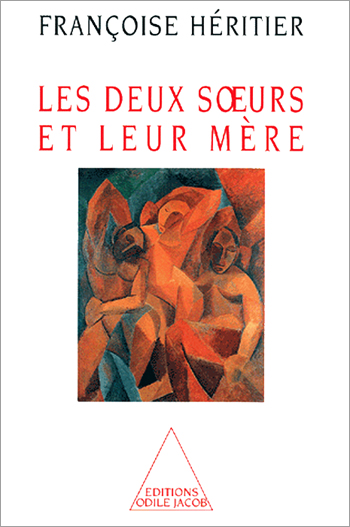
Françoise Héritier
Two Sisters and Their Mother The Anthropology of Incest
The author explores the taboo regarding the incest of the second type which concerns blood relations of a same sex who share the same sexual partner. She makes us understand that the categories which we use to determine what is incestuous and what is not are founded on representations of the identical and the different, which are themselves derived from the difference in the sexes.
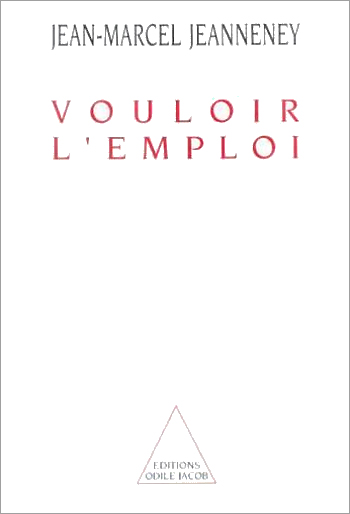
Jean-Marcel Jeanneney
Out of a Job
For the past twenty years France has been slipping into unemployment. This evil, which is becoming more and more serious, is leading our country into decline, and is threatening our democracy. After having described the difficulties resulting from the new world environment, the author discards the false solutions, such as intensified inflation, devaluation or protectionism. He then outlines the daring, but realistic policies he sees as necessary not only in France, but also for a more dynamic European Union. An economist, Jean-Marcel Jeanneney was a minister for seven years under the presidency of General de Gaulle. In 1980, he created the French Economic Research Institute, which he ran until 1990.
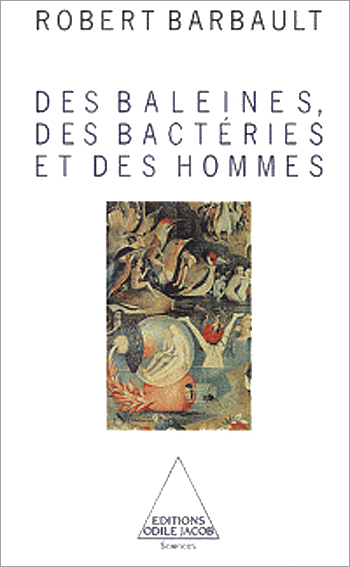
Robert Barbault
Whales, Bacteria and Man
The most prodigious mystery of life might well be in the means it has used to create so much diversity with so little matter. However, taking the risk of destroying the most precious ecosystems, Man inflicts to Nature deforestation, pollution, sea walls and many other acts of violence. This book explores this profusion of life of which human beings are one of the components as well as one of its pivots.

Jacques Fricker
Cookery for Slimmers For Your Figure and Your Health
To eat well, is first to put some equilibrium in our daily diet. It is also to accomplish all kinds of small gestures which protect our line and good shape without avoiding a simple, savoury cuisine. Jacques Fricker gives here a recipe book which will put neither our health nor our weight in any danger.
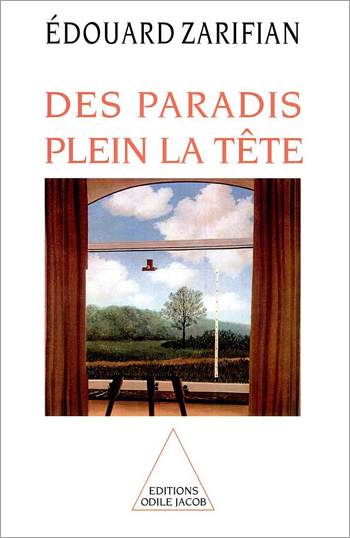
Édouard Zarifian
The True Paradises in Your Head
Nowadays, we are not entitled to be sad without being told: this is a disease . Consequences: instead of receiving love and friendship, the distressed person receives a medicine which deepens his solitude. Édouard Zarifian, a well-know psychiatrist, argues against the abuse of psychotropes in prescriptions and warns us against a society ready to normalize emotions.
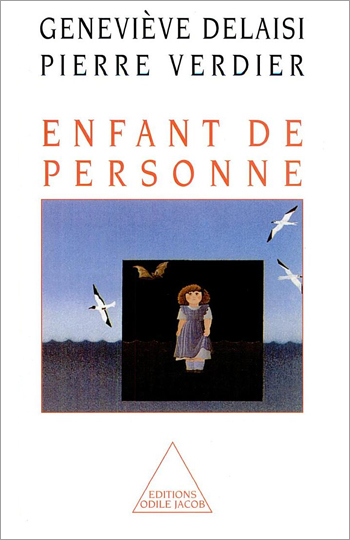
Geneviève Delaisi de Parseval, Pierre Verdier
Nobody's Child
Adoption and medically assisted procreations reflect the same suffering and ask the same questions. In both cases, the institution, in the name of a mistaken conception of filiation, weighs upon the children's head with an absolute secrecy as to its biological origins. The authors show in this book the consequences this secrecy has upon the psychology of children and parents.

